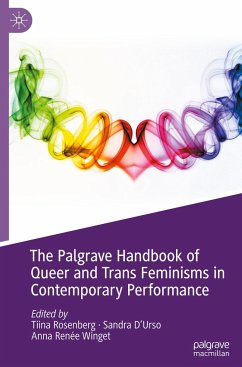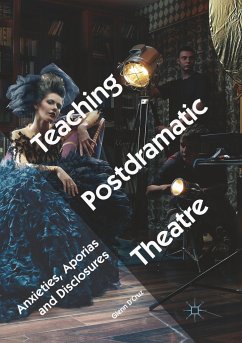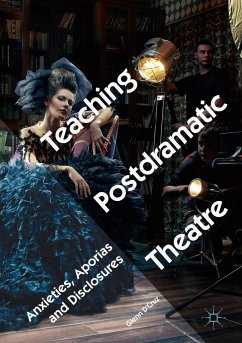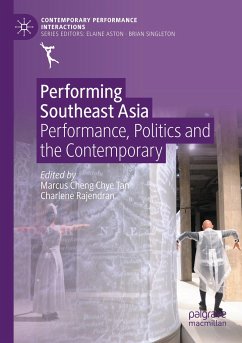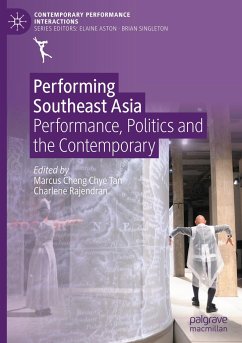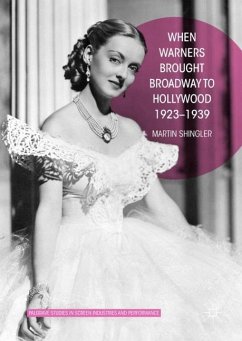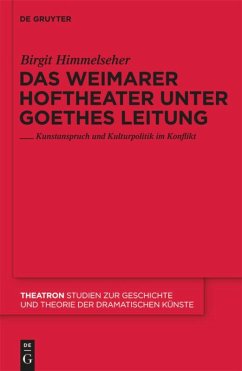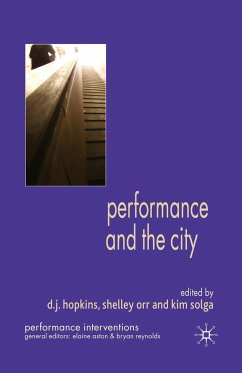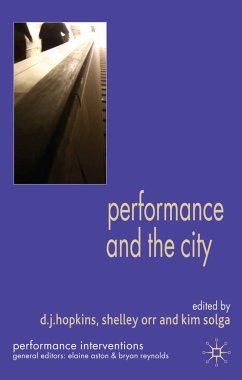
Queering Polishness in Polish Theatre Since 2005
Dissenting Bodies

PAYBACK Punkte
49 °P sammeln!
Theatre has long been an art form at the centre of public life in Poland. Whether it is the self-professed poet-prophets of the Romantic era, or the dissident theatre makers working under the strictures of state socialism, the art form has played a vital role in the development of Polish culture and politics in the context of shifting foreign occupations. This book explores the relationship between contemporary Polish theatre makers and contemporary notions of Polishness and argues that queer theory, and specifically a Polish appropriation of queer theory, can be a crucial element to better un...
Theatre has long been an art form at the centre of public life in Poland. Whether it is the self-professed poet-prophets of the Romantic era, or the dissident theatre makers working under the strictures of state socialism, the art form has played a vital role in the development of Polish culture and politics in the context of shifting foreign occupations. This book explores the relationship between contemporary Polish theatre makers and contemporary notions of Polishness and argues that queer theory, and specifically a Polish appropriation of queer theory, can be a crucial element to better understand the politicality of the contemporary Polish theatre field. It does this by focusing on critical theatre productions which are produced at the margins of the Polish theatre field, a choice which has been made as the field is dominated by traditional drama theatres which reproduce a Polish variation on the Western canon. This makes smaller, atypical, and independent theatre productions all the more significant, as they signify a refusal to continue the traditional role of the Polish theatre field in reproducing the canon of Polish Romanticism. As such, the book argues that contemporary Polish theatre has been marked by a struggle between those building performances and state authorities that see those creations as a threat to their authority.



